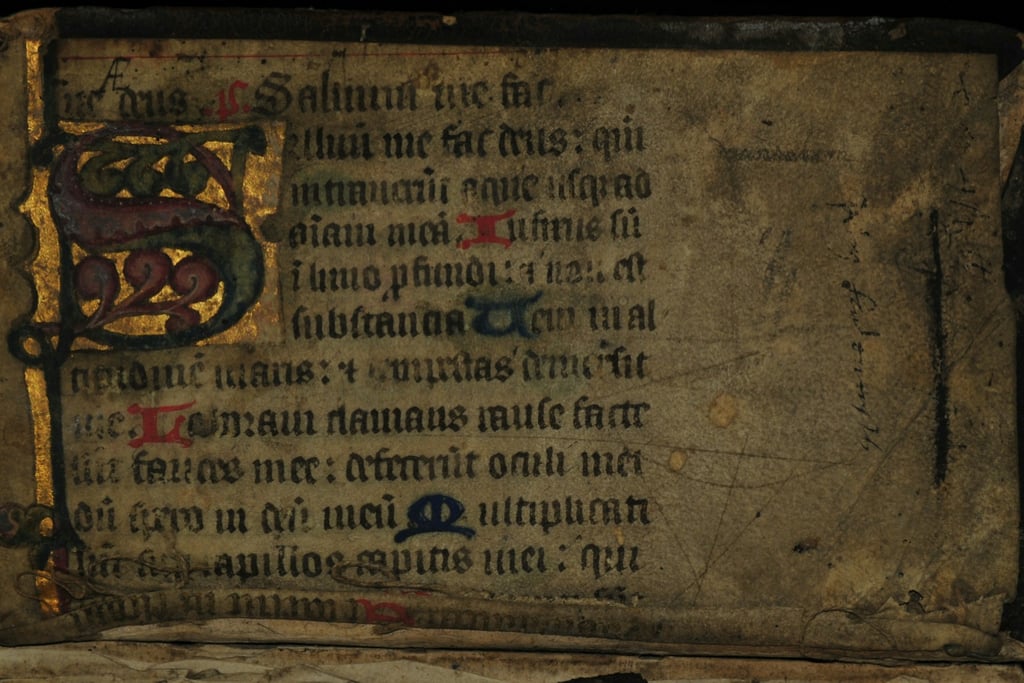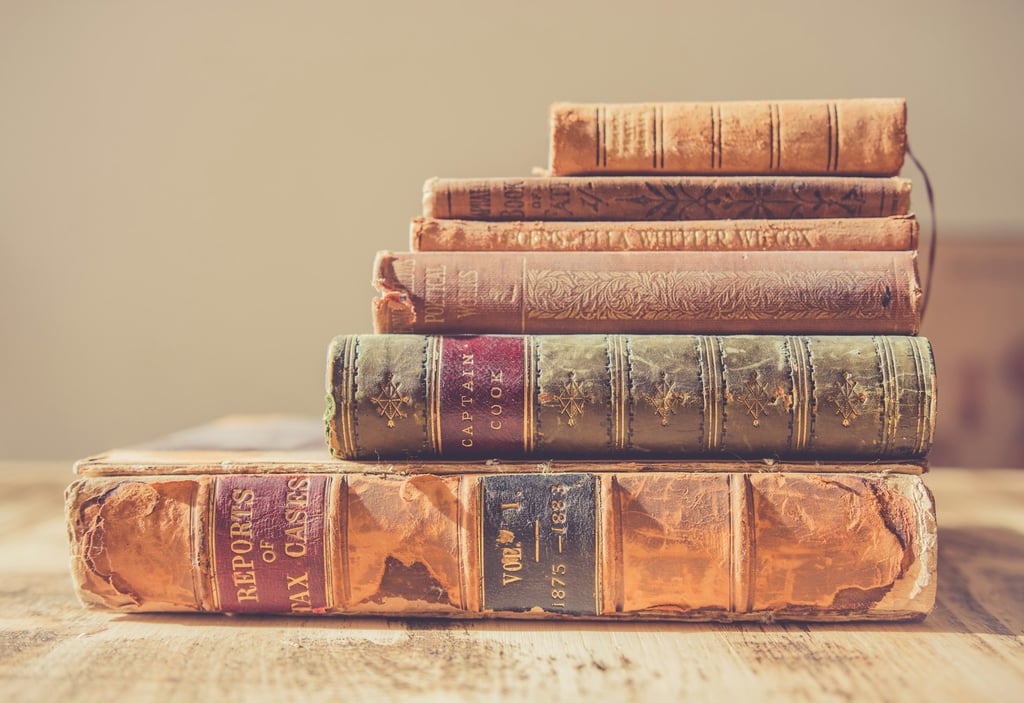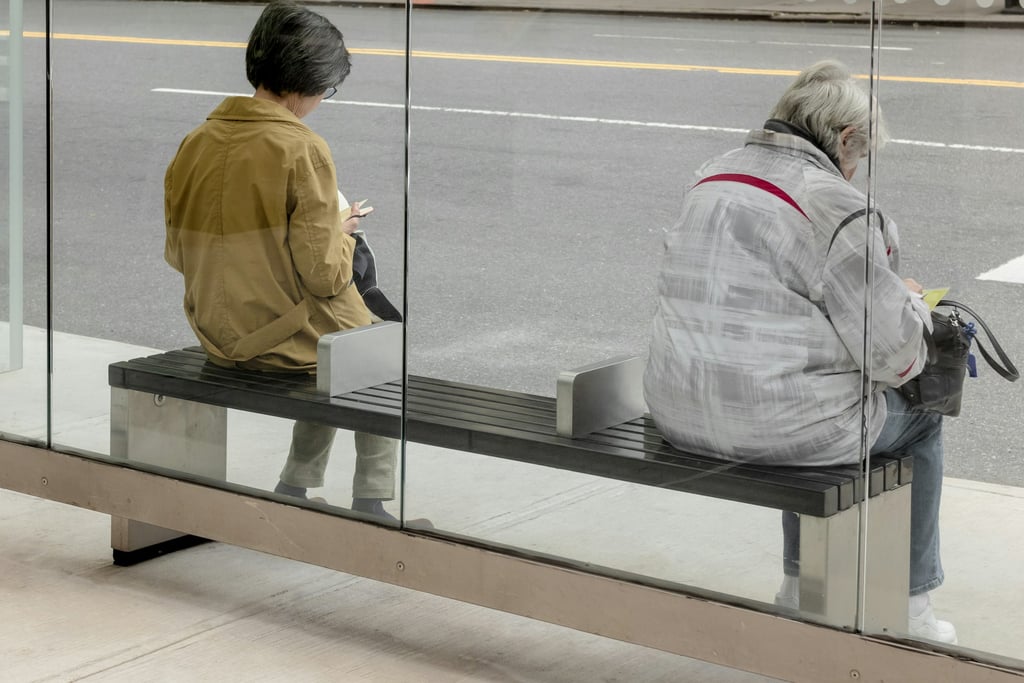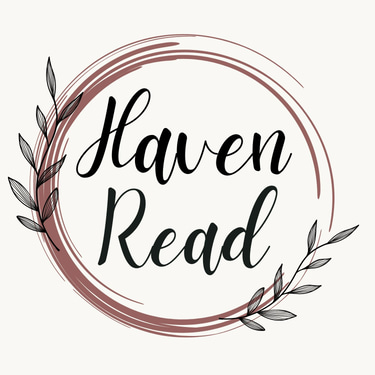The History of Reading: How Books Have Shaped Culture and Humanity
9/22/2024


Reading is more than a pastime—it’s a practice that has shaped entire cultures, revolutions, and personal identities for millennia. From ancient scrolls to the modern e-book, the history of reading is deeply intertwined with the evolution of human thought and civilization. In this post, we'll take you on a journey through the history of reading and explore how the written word has influenced societies and individual lives alike.
1. The Dawn of Reading: Ancient Civilizations and Scrolls
The history of reading begins with the invention of writing itself, which dates back to ancient Mesopotamia around 3200 BCE. Early writing systems like cuneiform were used for record-keeping and communication, marking the first time humans could store knowledge outside oral traditions.
a. Egyptian Scrolls and the Birth of Literature
Around 2600 BCE, the Egyptians developed a system of hieroglyphs, which they used to write religious texts and stories on papyrus scrolls. These scrolls represented one of the earliest forms of books and allowed people to read religious hymns, myths, and historical records. Reading, at this stage, was limited to the elite—priests and scholars who were trained in the art of writing and reading hieroglyphs.
b. Ancient Greece: Literacy and Democracy
Fast-forward to Ancient Greece, and reading started to become more democratic. Philosophers like Plato and Aristotle recorded their teachings in written texts that were widely studied by their students. The Greeks viewed reading as a way to access wisdom and cultivate citizenship, and it became an integral part of intellectual life.
2. The Middle Ages: Monks, Manuscripts, and the Power of Knowledge


During the Middle Ages, reading was still largely restricted to the upper classes and religious institutions. Monks played a crucial role in preserving knowledge by meticulously copying texts by hand. This was an era of illuminated manuscripts, where religious and philosophical works were transcribed and adorned with beautiful illustrations.
a. The Role of Monasteries
Monasteries were the main centers of learning during this period, with monks transcribing texts from the Bible to classical works. Reading and writing were seen as sacred acts, with knowledge viewed as a gift from God. While books were rare and expensive, they were considered invaluable treasures of wisdom and power.
b. Rise of Vernacular Literature
By the late Middle Ages, literacy began to expand beyond religious orders as texts started to be written in local languages rather than Latin. This rise of vernacular literature—such as Geoffrey Chaucer’s The Canterbury Tales—allowed more people to read stories and ideas in their native tongues. This marked a significant shift in reading’s role in society.
3. The Printing Revolution: The Birth of Mass Reading
The most transformative moment in the history of reading came with the invention of the printing press by Johannes Gutenberg in the mid-15th century. This invention revolutionized the way books were produced and made reading accessible to a much wider audience.
a. The Spread of Ideas
With the printing press, books could be produced quickly and in large quantities, making them more affordable. This sparked a reading revolution, where people of all classes could access texts. The spread of ideas during this period—especially religious texts like the Bible in vernacular languages—played a key role in movements such as the Protestant Reformation.
b. The Enlightenment: Reading and Revolution
In the 18th century, reading was at the heart of the Enlightenment, a period of intellectual fervor that emphasized reason, individualism, and science. Writers like Voltaire, Rousseau, and John Locke penned works that challenged existing power structures and inspired revolutions in France and America. The act of reading became a political force, as books spread revolutionary ideas about freedom, equality, and human rights.
4. The 19th and 20th Centuries: The Rise of the Novel and Mass Literacy


As the industrial revolution took hold in the 19th century, so too did the rise of mass literacy. Public education systems were established, and more people than ever learned how to read. The novel emerged as the dominant form of literature, with authors like Charles Dickens, Jane Austen, and Leo Tolstoy becoming household names.
a. The Power of Fiction
Novels captured the imaginations of readers and became a tool for exploring human emotions, social issues, and moral dilemmas. For many, reading fiction was not just an escape but a way to understand the world and themselves. By the late 19th century, serialized novels published in magazines became popular, making literature even more accessible to the masses.
b. The Golden Age of Reading
The 20th century ushered in a golden age of reading, with the emergence of new genres such as science fiction, crime, and fantasy. Mass-market paperbacks made books affordable, and public libraries flourished, making reading a democratic activity enjoyed by people from all walks of life.
5. The Digital Age: E-books and Audiobooks
Today, reading has taken on new forms with the advent of digital technology. E-books and audiobooks have transformed the way we consume literature, making it easier to access books from anywhere at any time.
a. The Rise of E-books
In the early 2000s, e-books became popular with the release of devices like the Kindle. E-books offered convenience, allowing readers to carry thousands of books in a single device. This digital revolution has expanded reading to global audiences, with authors self-publishing and reaching new readers online.
b. Audiobooks and Multitasking
Audiobooks have also grown in popularity, allowing people to “read” while they drive, exercise, or do household chores. Some may argue that audiobooks are not “real” reading, but studies show that they engage the brain similarly to traditional reading, making them a valuable tool for busy book lovers.
6. How Reading Shapes Culture and Personal Identity


Reading has always been more than just a way to pass time. It shapes our culture, influences revolutions, and plays a role in defining who we are as individuals.
a. Books as Catalysts for Change
Books have the power to change societies. From revolutionary texts like The Communist Manifesto to social justice classics like To Kill a Mockingbird, reading has often been a catalyst for political and social change. The knowledge and empathy gained from books can inspire people to act, speak up, and fight for a better world.
b. Personal Identity and Growth
On a personal level, reading shapes who we are. The books we read influence our beliefs, challenge our perspectives, and offer us a mirror to reflect on our own lives. Whether it’s through self-help books or deeply personal memoirs, reading helps us grow, learn, and become more empathetic individuals.
Conclusion: The Ever-Evolving World of Reading
From ancient scrolls to modern e-books, the history of reading is one of constant evolution. While the formats may change, the power of the written word remains as strong as ever. Books have shaped humanity by spreading knowledge, inspiring revolutions, and helping individuals find their place in the world.
As readers, we are part of a long tradition that continues to influence and shape the future.
